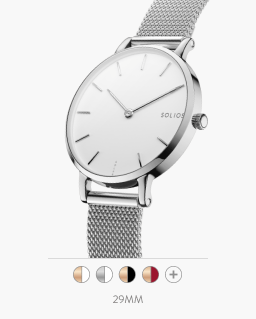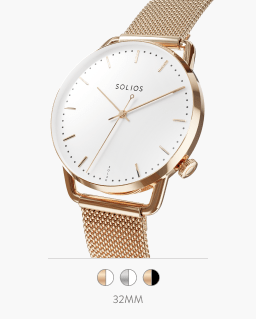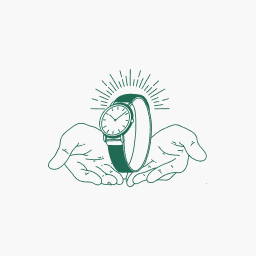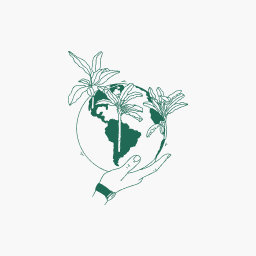What is Pride Month?
Pride events take place in June of each year. It is a time to celebrate the LGBTQIA+ community and their contributions to advancing society towards a more open, egalitarian, diverse and inclusive ideal. During this month, we underline the affirmation, resilience and dignity of these individuals. It is also a time to highlight diverse gender identities and expressions as well as sexual orientations. It is also a time to remember those who paved the way for gay, transgender, queer and other rights activism, including Marsha P. Johnson and Sylvia Riviera.
As well, we use this month to remind the rest of the population that people from the LGBTQIA+ community experience oppression on a daily basis and are marginalized for no good reason.

The beginnings of the movement: the Stonewall riots
A little over 50 years ago, in the 1960s, police raids were very common in gay bars in Canada and the United States. On June 28, 1969, a police raid took place at the Stonewall Inn, a gay bar in New York's Greenwich Village, where the regulars were from the LGBTQIA+ community.
The bar customers resist their arrest. At that moment, they demanded an end to arbitrary arrests. The customers then rebel against the police forces. It follows 5 days of demonstration: 2000 protesters against 400 police officers. An event that is now called the Stonewall riots.
This event acted as the beginning of the LGBTQIA+ rights movement. This is why the month of June has been designated as Pride Month, so that the collective memory will remember the important events of June 1969.
The first Pride
In 1970, one year later, to celebrate the Stonewall Inn revolt, demonstrations were organized in New York, Boston, Minneapolis, Chicago, San Francisco and Los Angeles. Many people took part in these marches. You could hear the following: "Come Out", "Gay Pride" and "Gay is good". This was considered to be the very first Gay Pride parade.
It goes without saying that these events directly ignited minds around the world, inspiring local communities in turn to fight for equality.

Why is Pride Month still important today?
Even today, although our society has made great strides, the situation is still not rosy and even in certain parts of the world, there have not been as many advancements for equal rights. Thus, leading to many injustices towards the LGBTQIA+ community. This means that more than ever we need to talk about it and be part of the movement for change.
People are still attacked every day because of their real or perceived sexual orientation and gender identity.
Threats, violence and harassment against LGBTQIA+ people occur every day, including Pride celebrations. In many countries around the world, crimes perpetrated for reasons related to sexual orientation or gender identity are not treated as hate crimes, and sometimes they are not even investigated. This is unfortunate because the fear of being targeted leads people to hide their identity.
Pride events are an excellent opportunity to challenge homophobic and transphobic legislation in some countries.
Still today, some countries do not allow same-sex marriage or prevent LGBTQIA+ activists from organizing Pride events. Others have laws that prohibit so-called non-traditional sexual relationships. When the community dares to raise questions about these laws, political issues can change.
Rights can never be taken for granted.
Even in countries where Pride events have been allowed in the past, we cannot take things for granted. There have been a few occasions when countries have banned Pride events without a good reason, even though in previous years the events attracted thousands of people and did not cause any problems.
Still some way to go
Sometimes it's good to look in the rearview mirror and see how far we've come. To remember where we started as a society. Here, as elsewhere, the last 50 years of uprising, challenging the status quo and fighting for a more equal world have brought great strides forward in the community. However, there is still a long way to go. As of 2019, there are no fewer than 124 countries that still do not have legislation against discrimination of sexual and gender minorities 1.
We hope for a future where gender identity and sexual orientation will be no longer political issues. A future where there is an inclusive community, where everyone can be themselves without fear of reprisal. A gentler future, where diversity is celebrated by all. Until then, we won't give up. We will be there, ready to support the LGBTQIA+ community in their battle for their most basic rights.
Bibliography
- Gagné, S. (2019, 3 février). Encore du chemin à faire. Le Devoir. https://www.ledevoir.com/societe/546700/droits-des-migrants-lgbtq-encore-du-chemin-a-faire
- Lesly, L. (2015, 16 octobre). 5 reasons why Prides matter. Amnesty International. https://www.amnesty.org/en/latest/campaigns/2015/10/5-reasons-why-prides-matter/
- Saint-Julien, C. (2020, août 5). L’origine des célébrations de la Fierté LGBT+. Elle Québec. https://www.ellequebec.com/societe/psycho/la-fierte-lgbt-origine-des-celebrations
- Rau, K. (2014, 16 juin). Droits des lesbiennes, des gais, des bisexuels et des transgenres au Canada. l’Encyclopédie Canadienne. https://www.thecanadianencyclopedia.ca/fr/article/droits-des-lesbiennes-des-gays-des-bisexuels-et-des-transgenres-au-canada
- Tremblay-Gallant, G. (2021, 31 mai). DESCENTE POLICIÈRE AU BAR LE TRUXX. Interligne.co. https://interligne.co/descente-policiere-au-bar-le-truxx/
- Winsor, M. (2021, 1 juin). LGBT Pride Month 2021 : What to know about its history, events, parades. ABC News. https://abcnews.go.com/US/lgbt-pride-month-2021-history-events-parades/story?id=71017699















